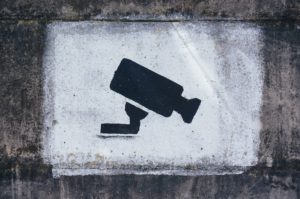WHO HAS JURISDICTION TO DETERMINE THE LEGALITY OF A STRIKE OR LOCKOUT?

-
Labor Arbiters shall have original and exclusive jurisdiction to hear and decide, among others, cases arising from any violation of Article 264 of this Code including questions involving the legality of strikes and lockouts.
-
The Secretary of Labor and Employment may assume jurisdiction over the dispute and decide it, when, in his opinion, there exists a labor dispute causing or likely to cause a strike or lockout in an industry indispensable to the national interest.
-
The Secretary of Labor and Employment may also certify the same to the National Labor Relations Commission for compulsory arbitration.
MAY AN EMPLOYEE QUESTION THE LEGALITY OF HIS/HER DISMISSAL?

-
An employee may contest the validity or the legality of his/her dismissal.
-
He/she may do so by filing a complaint for illegal dismissal.
-
Such complaint for illegal dismissal shall be filed with the Regional Branch of the National Labor Relations Commission.
WHAT ARE THE WAYS OF INCREASING AND DECREASING CAPITAL STOCKS?

-
No corporation shall increase or decrease its capital stock or incur, create or increase any bonded indebtedness unless approved by a majority vote of the board of directors and by two-thirds (2/3) of the outstanding capital stock at a stockholders’ meeting duly called for the purpose.
-
Written notice of the time and place of the stockholders’ meeting and the purpose for said meeting must be sent to the stockholders at their places of residence as shown in the books of the corporation served on the stockholders personally, or through electronic means recognized in the corporation’s bylaws and/or the Commission’s rules as a valid mode for service of notices.
-
Any increase or decrease in the capital stock or the incurring, creating or increasing of any bonded indebtedness shall require prior approval of the Commission and where appropriate, of the Philippine Competition Commission.
WHAT IS THE PRESIDENT’S POWER OF CONTROL AND SUPERVISION?

-
The President shall have control of all the executive departments, bureaus, and offices. He shall ensure that the laws be faithfully executed.
-
Consistent with the basic policy on local autonomy, the President shall exercise general supervision over local government units to ensure that their acts are within the scope of their prescribed powers and functions.
-
The President shall exercise supervisory authority directly over provinces, highly urbanized cities, and independent component cities; through the province with respect to component cities and municipalities; and through the city and municipality with respect to barangays.


